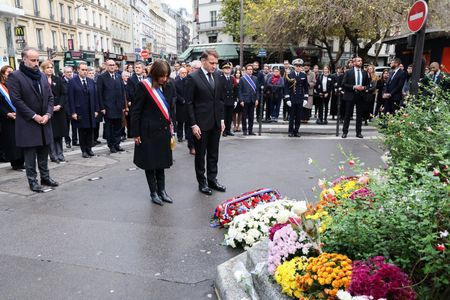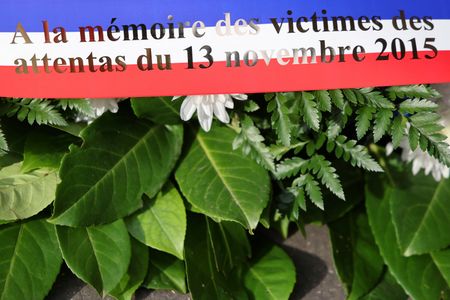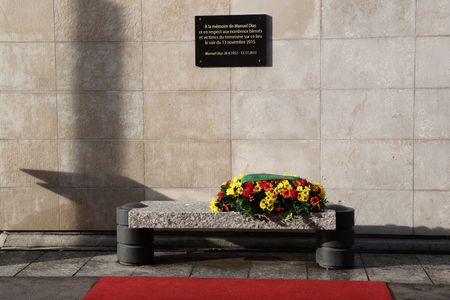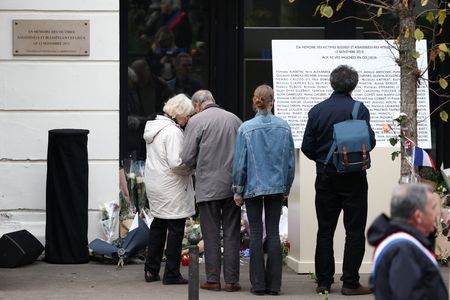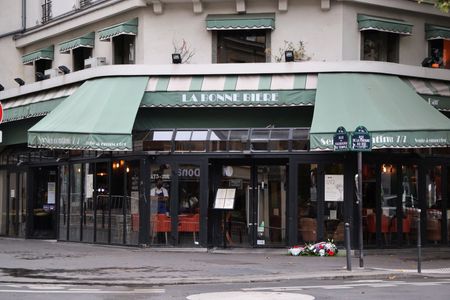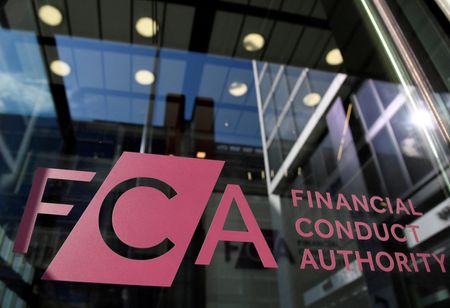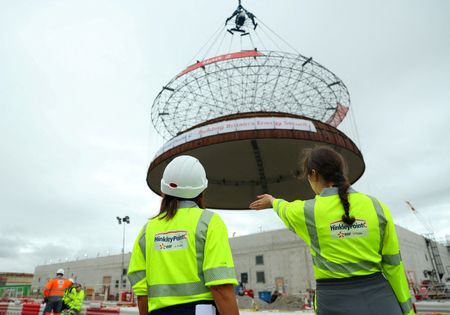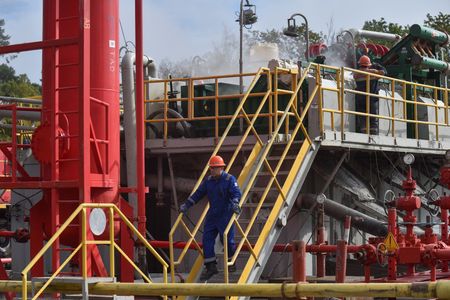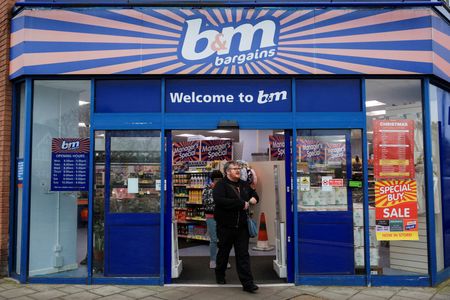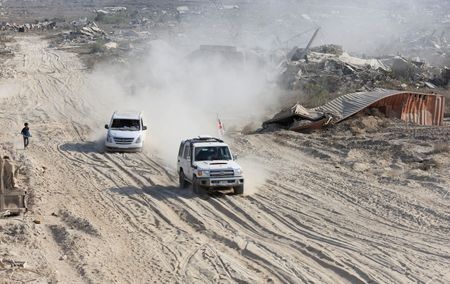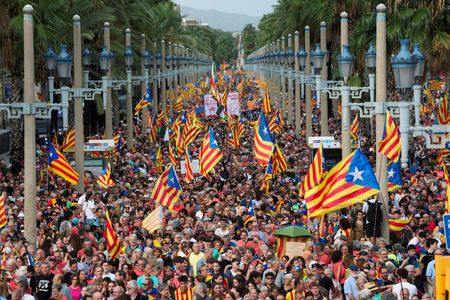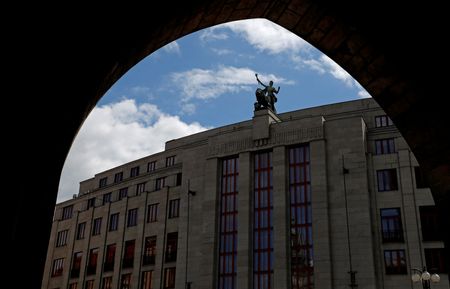By Bertrand Boucey and Ingrid Melander
PARIS (Reuters) -France paid an emotional tribute on Thursday to 130 people killed 10 years ago during a rampage by Islamic State gunmen and suicide bombers targeting cafes, restaurants and the Bataclan concert hall.
The attacks were the deadliest on French soil since World War Two, scarring the national psyche and prompting emergency security measures, many of which are now embedded in law.
The assault on November 13, 2015, began with suicide bomb blasts that killed one person, bus driver Manuel Dias, outside the Stade de France sports stadium and continued with gunmen opening fire at five other locations in central Paris.
‘AN EMPTINESS THAT CANNOT BE FILLED’
“Since that November 13, there is an emptiness that cannot be filled,” Dias’ daughter Sophie said at the ceremony, her voice trembling with tears as she recalled the family’s endless phone calls through the night, trying to reach her father, before they were told he had been the attackers’ first victim.
“May we raise awareness among younger generations, pass on the values of our republic, and remind them of all those innocent lives lost, like my dad, who left far too soon, for no reason at all,” she said.
President Emmanuel Macron was among officials who paid their respects to Dias and the other victims with a minute of silence and the laying of wreaths before the Stade de France.
Throughout the day Macron, survivors and relatives of victims will honour those killed and wounded at each of the sites of the attacks.
Victims’ associations say two survivors of the attacks later committed suicide, bringing the total death toll to 132.
ATTACK ON FRANCE’S CULTURE
Historian Denis Peschanski said what made the November 13 attacks – which targeted places where people were out and about having fun – unique “was that everyone was a potential victim”.
Paris Mayor Anne Hidalgo told RTL radio: “The terrorists wanted to attack this culture that is ours — this culture of joy, celebration, diversity, sharing, and music.”
A decade on, the threat of such attacks in France has mutated.
“An attack like the one we unfortunately experienced ten years ago, on November 13, is less likely. The weakening of the Islamic State makes it much less probable,” Interior Minister Laurent Nunez told BFM TV.
“However, the threat remains high … with individuals present on national territory who radicalize very quickly and plot violent actions.”
Officials will later pay tribute to the 90 people killed at the Bataclan.
Sebastian Lascoux remembered being there 10 years ago listening to the Eagles of Death Metal rock band and how people “ended up all squashed together and collapsed as one”.
“And then (there was) the smell of blood,” said Lascoux, now aged 46. One of his friends was shot dead trying to shield another member of their party.
Lascoux still suffers from post-traumatic stress and cannot be in crowded places or enclosed spaces, even cinemas. Loud pops remind him of gunshots.
(Reporting by Bertrand Boucey, Inti Landauro, Alessandro Parodi, Elissa Darwish, Antony Paone;Writing by Ingrid MelanderEditing by Richard Lough, Frances Kerry and Gareth Jones)

